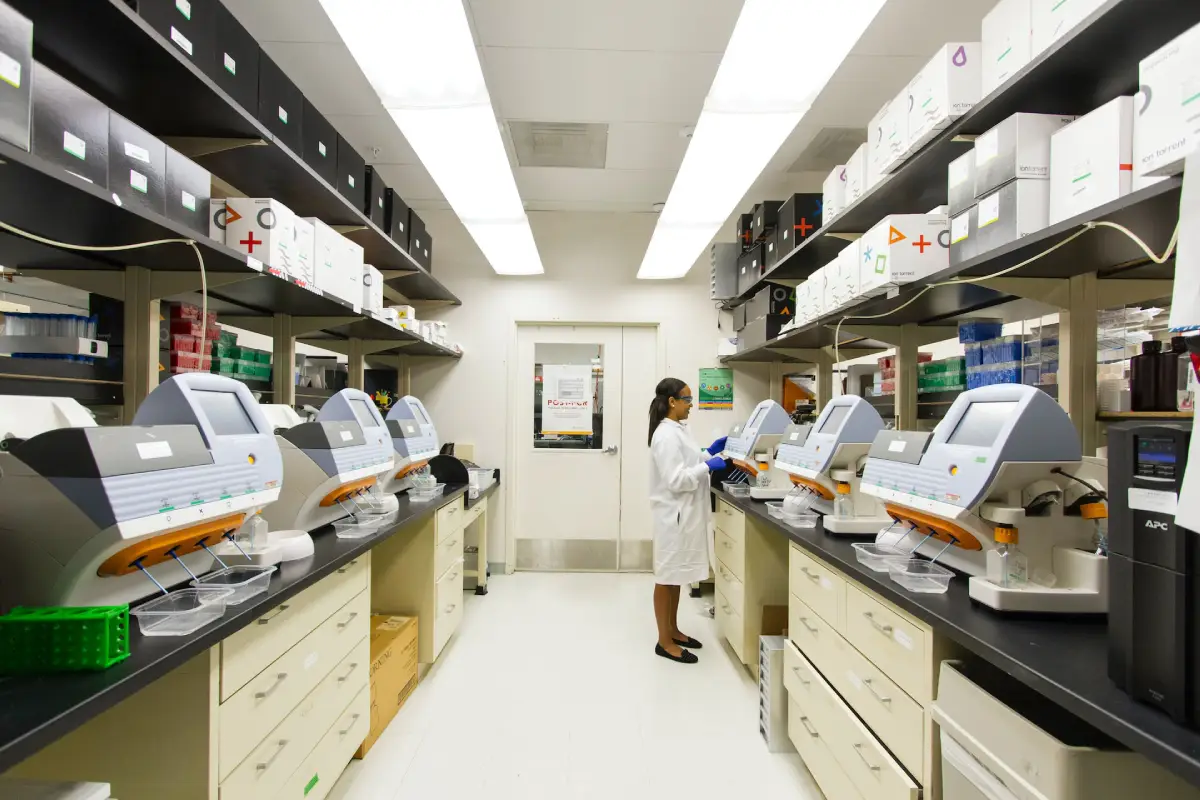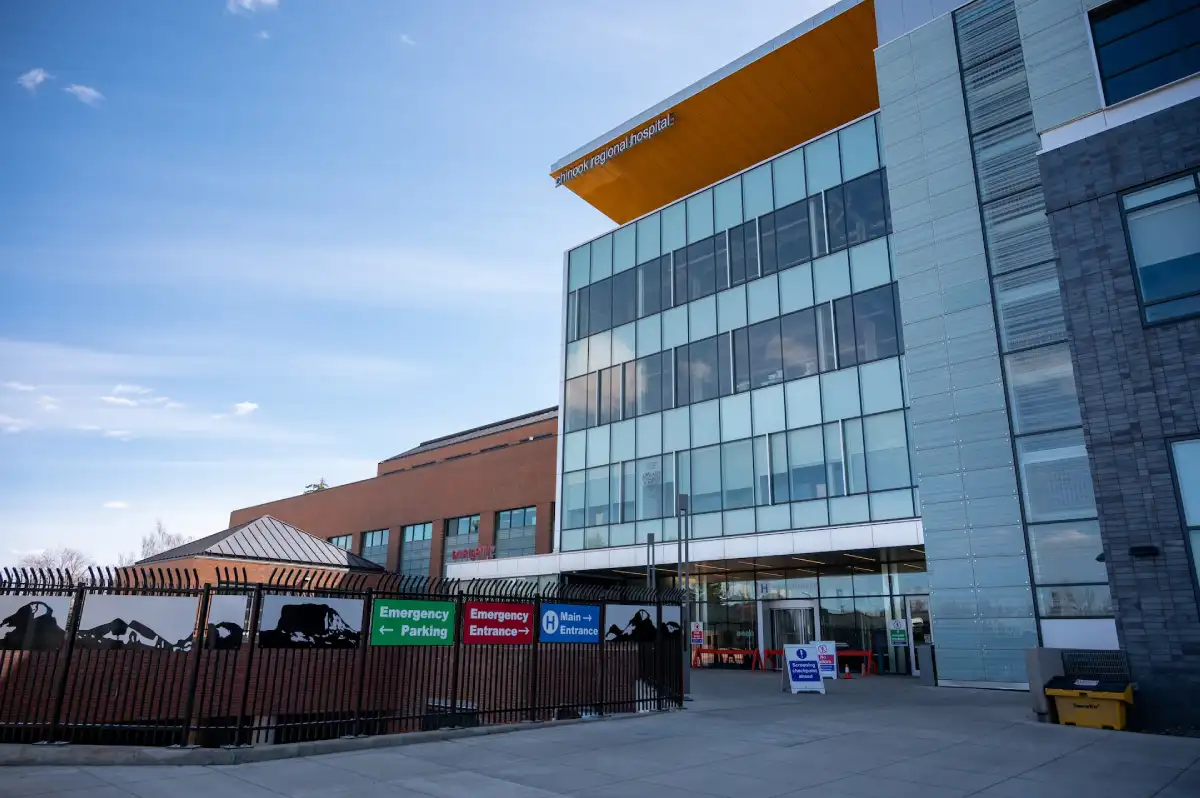
Medical innovation has accelerated rapidly, transforming healthcare through cutting-edge technologies and approaches. From mRNA vaccines to artificial intelligence, novel treatments and tools emerge constantly to diagnose, prevent, and cure disease. But innovation is not just about sophistication. Travel plays a subtle yet profound role in driving innovation by expanding perspectives in the medical field.
When healthcare providers travel, they gain exposure to new cases, knowledge, and ways of thinking. International conferences enable learning from experts worldwide. Immersive experiences build cultural competence. Adventure travel renews passion and purpose. This broadened worldview sparks creativity, enhancing providers’ approaches upon returning home.
In this increasingly interconnected world, travel helps break down barriers limiting medical innovation.
The cross-pollination of ideas transforms mindsets, pushes boundaries, and ultimately improves patient outcomes globally. This article explores how travel broadens perspectives for healthcare professionals, promoting advancements through knowledge-sharing across borders and cultures.
Travel Connects Providers to Novel Cases and Mentors
When healthcare providers travel, they gain invaluable exposure to unfamiliar cases that diversify and strengthen their diagnostic skills. For example, a doctor who volunteers abroad may encounter tropical diseases rarely seen at home, forcing creative thinking to identify and treat the illness. The challenges of limited resources overseas also build adaptability and resourcefulness.
Conferences and hospital visits enable direct learning from doctors worldwide. Attending grand rounds at an Indian hospital or a seminar in China facilitates sharing the latest knowledge and techniques. Programs like Doctors Without Borders connect providers to mentors while responding to crises globally. Structured opportunities like medical missions or global health rotations give hands-on experience under experienced supervisors.
Travel also allows providers to complete continuing education efficiently. Combining education with relevant clinical immersion like Advanced Cardiac Life Support (ACLS) training reinforces knowledge and enables them to utilize those skills in a developing world ICU. By expanding perspectives, travel supplements providers’ core competencies through encounters with diverse cases and approaches.
Immersive Experiences Build Cultural Competence
Cultural competence – the ability to understand diverse perspectives and provide care sensitively – is crucial for healthcare providers today. Traveling to other countries deeply immerses providers in foreign healthcare systems and ways of thinking, enhancing cultural awareness.
Navigating an unfamiliar structure in Thailand or Brazil provides first hand insight into different resource constraints, decision-making frameworks, doctor-patient relationships and more.
Providers gain empathy for the challenges minority populations face at home by experiencing disconnects abroad like language barriers or inadequate medical interpretation services. Exposure to traditional medical practices also fosters respect for alternative approaches that patients may use.
Beyond the clinical setting, everyday activities during travel build cross-cultural appreciation. Social norms, communication styles and community values often vary greatly worldwide. Learning to navigate everyday interactions enhances adaptability. Shopping at open-air markets, participating in cultural festivals, and conversing with locals allows providers to understand values beyond the exam room. These experiences enhance empathy and patience.
Living abroad, providers directly see how patients’ cultures influence their health beliefs and behaviors. For instance, the role of community in Latino culture becomes clearer after witnessing the centrality of family in Ecuador. This nuanced understanding enables more patient-centered care.
By broadening cultural perspectives through immersive experiences, travel helps providers comprehend patients’ diverse viewpoints, biases and needs. This promotes more compassionate, effective care for all.
Adventure Travel Renews Passion and Fights Burnout
Burnout afflicts over 50% of physicians, arising from workplace stress, overwork and misalignment of values. Travel provides renewal, especially shared adventures in nature. Activities like hiking, sailing or camping counteract the sedentary, high-pressure hospital environment. Outdoor exploration restores passion for service, while shared challenges build camaraderie and community.
Several organizations cater to healthcare providers by offering group trips focused on rejuvenation. For example, providers can join camping excursions, treks, or whitewater rafting retreats that integrate continuing education with activities promoting joy and teambuilding. Being immersed in awe-inspiring natural landscapes renews creativity, perspective and purpose.
Travel also facilitates sabbaticals that integrate rest, reflection and intellectual engagement.
Combining a trekking expedition with studying medicinal traditions of the region allows revitalization alongside professional development. Learning new skills while immersed in a culture realigns personal and professional growth. With adequate support for coverage at home, these travels help providers avoid burnout by expanding perspectives.
Providers return home with renewed energy, ready to implement lessons learned. The adaptability needed for backcountry travel translates to handling workplace challenges. Reconnecting to one’s calling transforms patient relationships. By fighting burnout through adventure, travel ultimately helps providers better serve their communities.
Looking Ahead: Travel’s Growing Role in Training
As healthcare becomes increasingly globalized, travel will play an even greater role in training providers. Medical schools are expanding global health curricula, fostering cultural sensitivity early on. Students participate in structured externships at partner hospitals abroad, collaborating across borders and gaining perspective.
Some institutions offer dual MD/MPH degrees focusing on global medicine. Coursework covers topics like tropical diseases, international health systems, cultural competency and travel medicine. Following classroom learning, students directly apply lessons through clinical immersions overseas.
Technological advances also enable synergies between online platforms and on-site experiences. Students can learn asynchronously online through modules on global health issues, then solidify skills through immersive rotations abroad. Virtual simulations will prepare trainees before working in underserved communities globally.
Exchanges between countries will allow knowledge sharing across developed and developing systems. Students may observe surgical techniques in Thailand not available in Canada, then share best practices from North American protocols. This cross-pollination of ideas spurs creative problem-solving.
With expanded cultural perspectives and competencies gained through immersive travel, the next generation of providers will break down barriers and catalyze transformational solutions for global health equity.
Conclusion
Medical innovation is accelerated by expanding perspectives. While technology provides new tools, travel opens minds. Encountering unfamiliar cases and mentors overseas builds clinical acuity. Navigating foreign cultures fosters adaptability, empathy and patience. Adventure travel rekindles creativity and passion. Global health experiences prepare the next generation of providers to collaborate across borders.
In an increasingly interconnected world, the cross-pollination of ideas drives progress. Challenging preconceptions through immersive travel experiences helps break down barriers limiting advancement. As healthcare providers broaden worldviews overseas, they gain renewed purpose, versatility and cultural fluency. This transformation of mindsets is the underlying force that spurs innovation.
While devices and treatments rapidly evolve, the interplay of travel and expanded perspectives will remain essential. Travel fosters the openness needed to push boundaries and pioneer solutions. It exposes providers to diverse viewpoints and models of care. It ignites the spark for breakthroughs. Ultimately, broadening perspectives through experiences worldwide allows providers to improve patient outcomes globally, envisioning new possibilities to transform lives.






